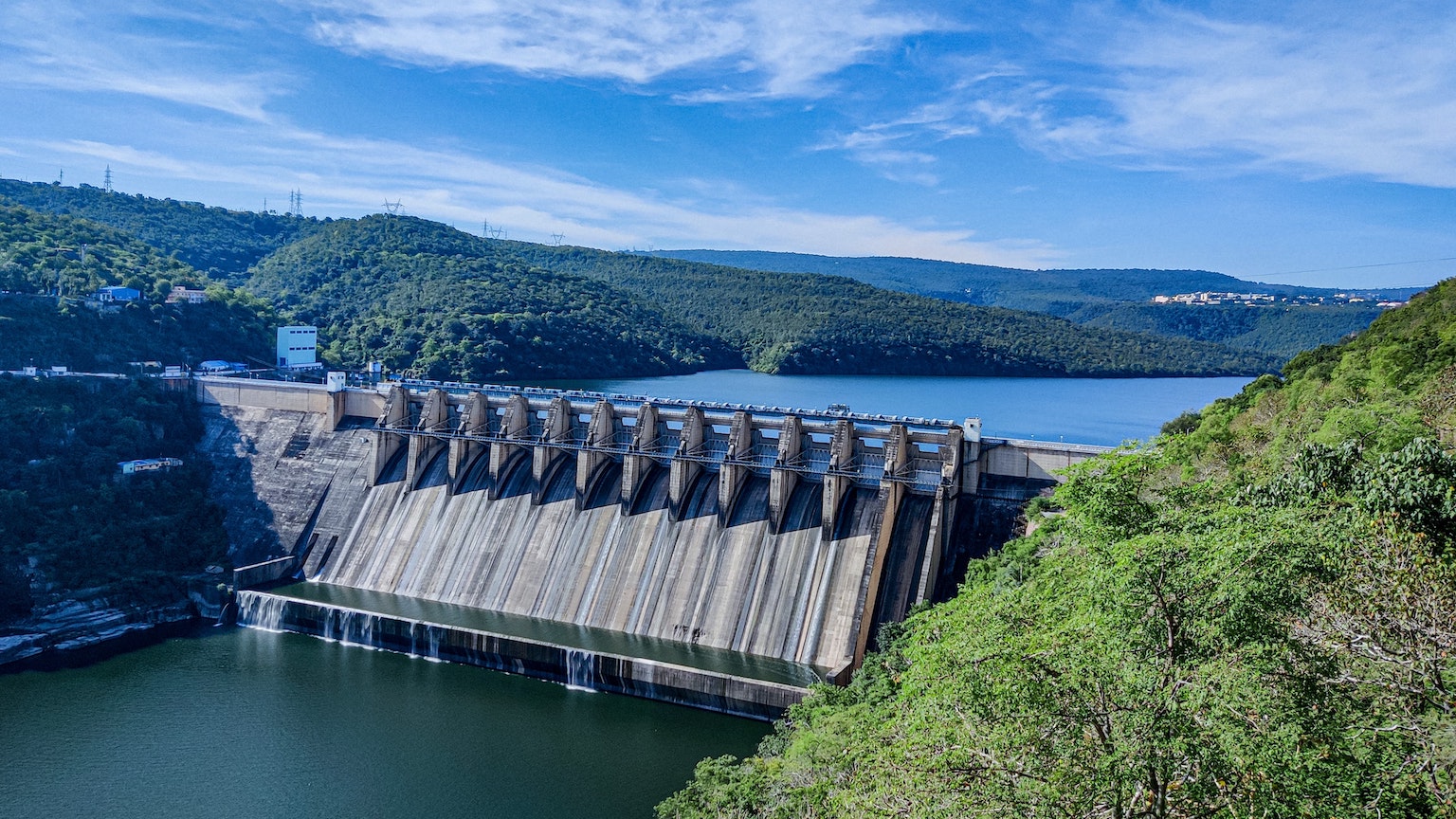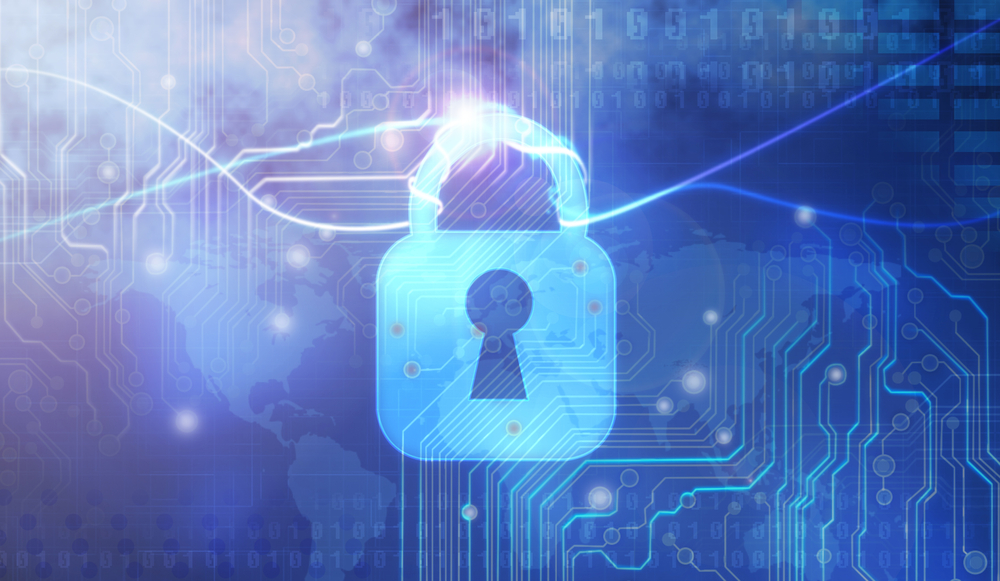Do Smart Grids Invade Privacy?

What’s the Most Recent Development?
In the near future, your electricity meter may be connected to a central database that compiles community-wide data on electricity use in order to alert customers when it is cheapest for them to use electricity in their homes. While this technology could promote conservation and lower utility bills, the European Union warns personal privacy must be guarded in any attempt to create such a smart electricity grid. The E.U.’s Working Party on Data Collection recommends that electricity consumption data be treated as personal information and that consumers have a push-button method to remove consent that their data be shared with competing companies.
What’s the Big Idea?
As energy technology is getting smarter, conservation has become both a social and economic imperative. A smart grid linking individual electricity meters could measure consumption trends and predict when more energy is available for use. As energy is cheaper when there is more of it to use, predictions could inform consumers when it would be cheapest to run electrical devices in their home. But technological progress must be balanced with moral concerns—how data on individuals’ electricity use will be collected must consider the individuals’ right to privacy.





